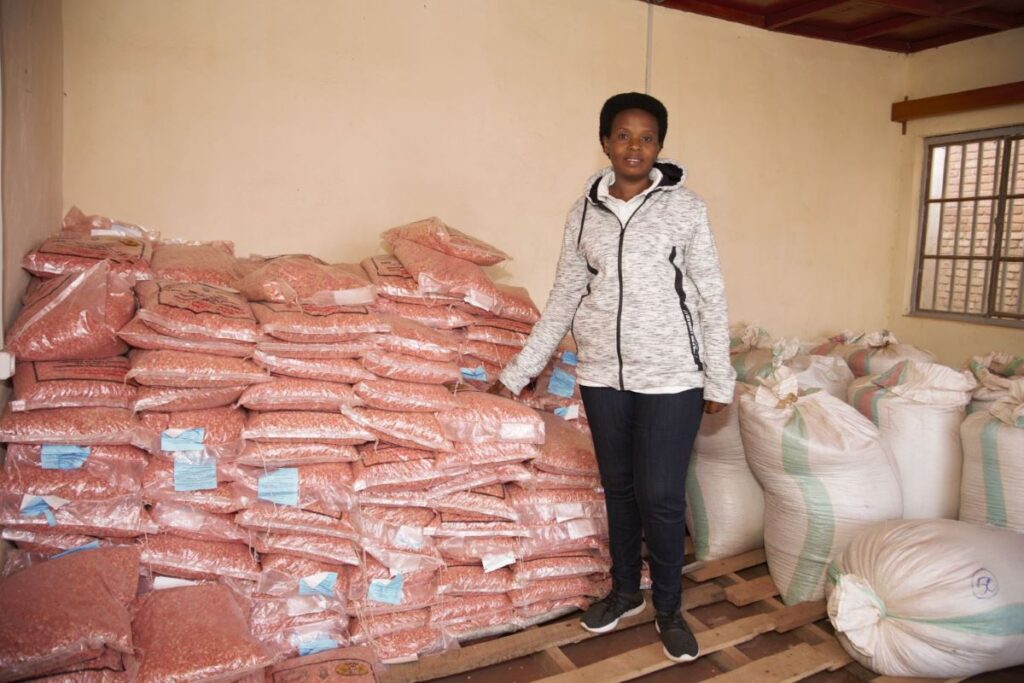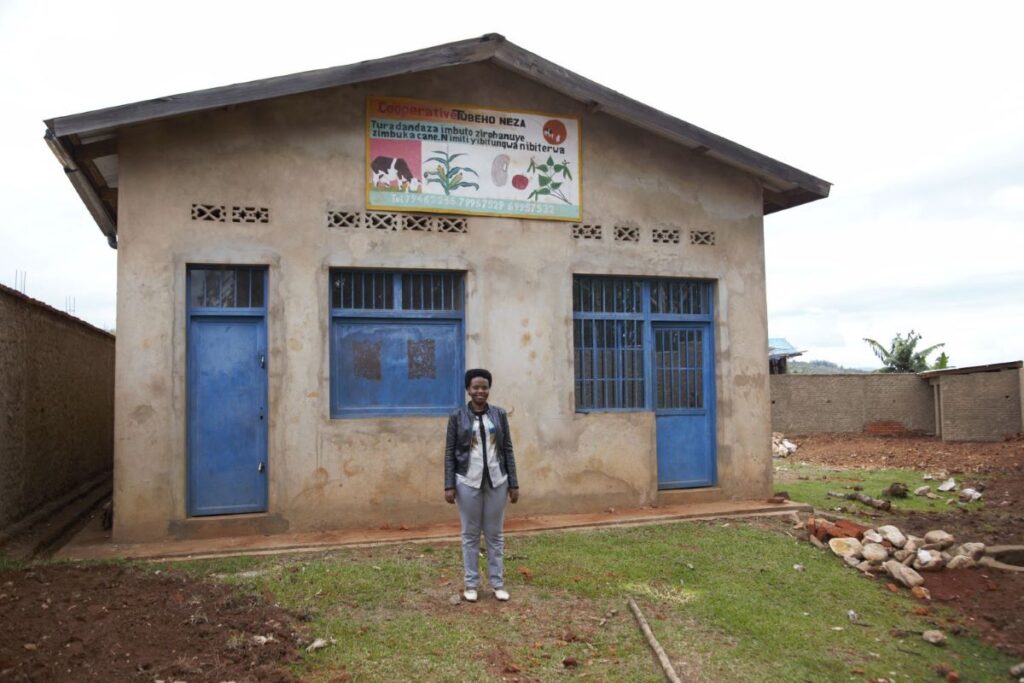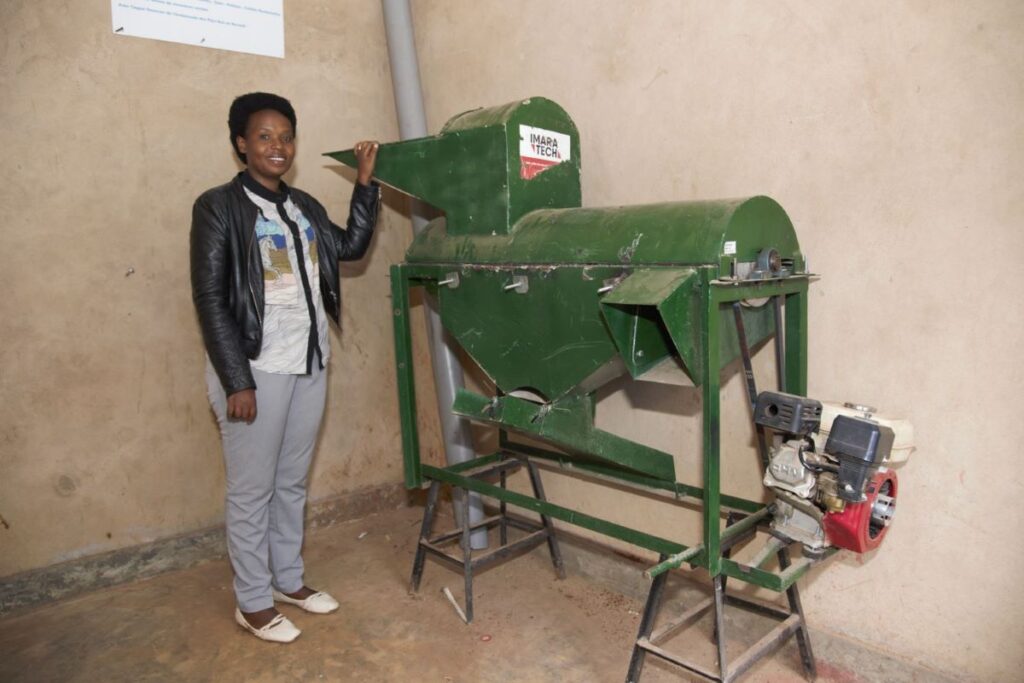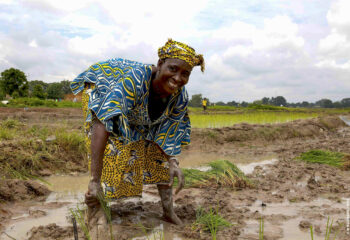
In 2014, a young Burundian woman named Anitha Nahimana began searching for a job after receiving her bachelor’s degree in economics. During her search, she decided to grow crops, later establishing the Tubehoneza cooperative. At first, the harvest was intended for consumption, but eventually, Nahimana had the idea of becoming an entrepreneur in the seed business.
In the course of her farming activities, Nahimana discovered that the agriculture sector forms the basis of Burundi’s national economy and its people’s livelihoods. Therefore, it remains the driver of growth for other sectors in the country.
Like other areas of Burundi, the rural population of Makamba is increasingly characterized by a lack of access to quality seeds and extreme vulnerability, both acute and chronic, due to cyclical and/or structural causes, such as strong demographic pressure, irregular rainfall, limited production, degradation of natural resources, plant diseases, pests, epidemics, inappropriate food practices, and limited and undiversified incomes.

Due to the low level of intensification, Burundian agriculture remains subsistence-based and cannot guarantee food and nutrition security for its population, in quantity or quality, despite the fertile soil. The main challenges that needed to be solved were the low capacity of production and use of selected seeds, lack of sustainable access to quality seeds for farmers, and access to technical support for seed producers throughout the production and certification process.
“Job creation has been achieved in a very remarkable way. Our vision is to become an improved seed multiplier cooperative that can effectively fulfill the needs of farmers.”
Anitha Nahimana
Initially, farmers in the area had low crop production, as they did not understand the importance of using certified seeds. Thus, the Tubehoneza cooperative, with co-financing from the Private Seed Sector Development (PSSD) project, held 600 training sessions on more than 150 fields to show the benefits of certified seeds. After attending these sessions, the farmers began to use certified seeds with good results. However, farmers had problems accessing sufficient quality seeds. In response, the Tubehoneza cooperative built four seed shops to allow easy access to quality seeds.
The cooperative also offered technical support to seed producers throughout the seed production and certification process with the National Office of Seed Control and Certification (ONCCS). Four agronomists from Tubehoneza mastered seed production techniques before assuming this supervisory role.

To motivate young female job seekers, the Tubehoneza cooperative hosted a workshop on entrepreneurship for those who wanted to participate in agribusiness. At the end of the workshop, 15 women came together to begin their own agribusiness project.
Nahimana’s journey stands as a testament to the transformative power of entrepreneurship. What started as a pursuit for personal growth evolved into a mission to uplift the community. By recognizing the pivotal role of agriculture in Burundi’s economy and the dire need for quality seeds, Nahimana bridged the gap between knowledge and action to assist local farmers.
The Private Seed Sector Development (PSSD) project (2018-2023), funded by the Embassy of the Kingdom of the Netherlands in Burundi and implemented by the International Fertilizer Development Center (IFDC), aims to increase the production and incomes of 178,000 farmer households in Burundi. The project works with private and public sector partners to promote the development of a private sector-led seed industry that is able to provide farmers with sustainable access to high-quality seed and agricultural advisory services.




